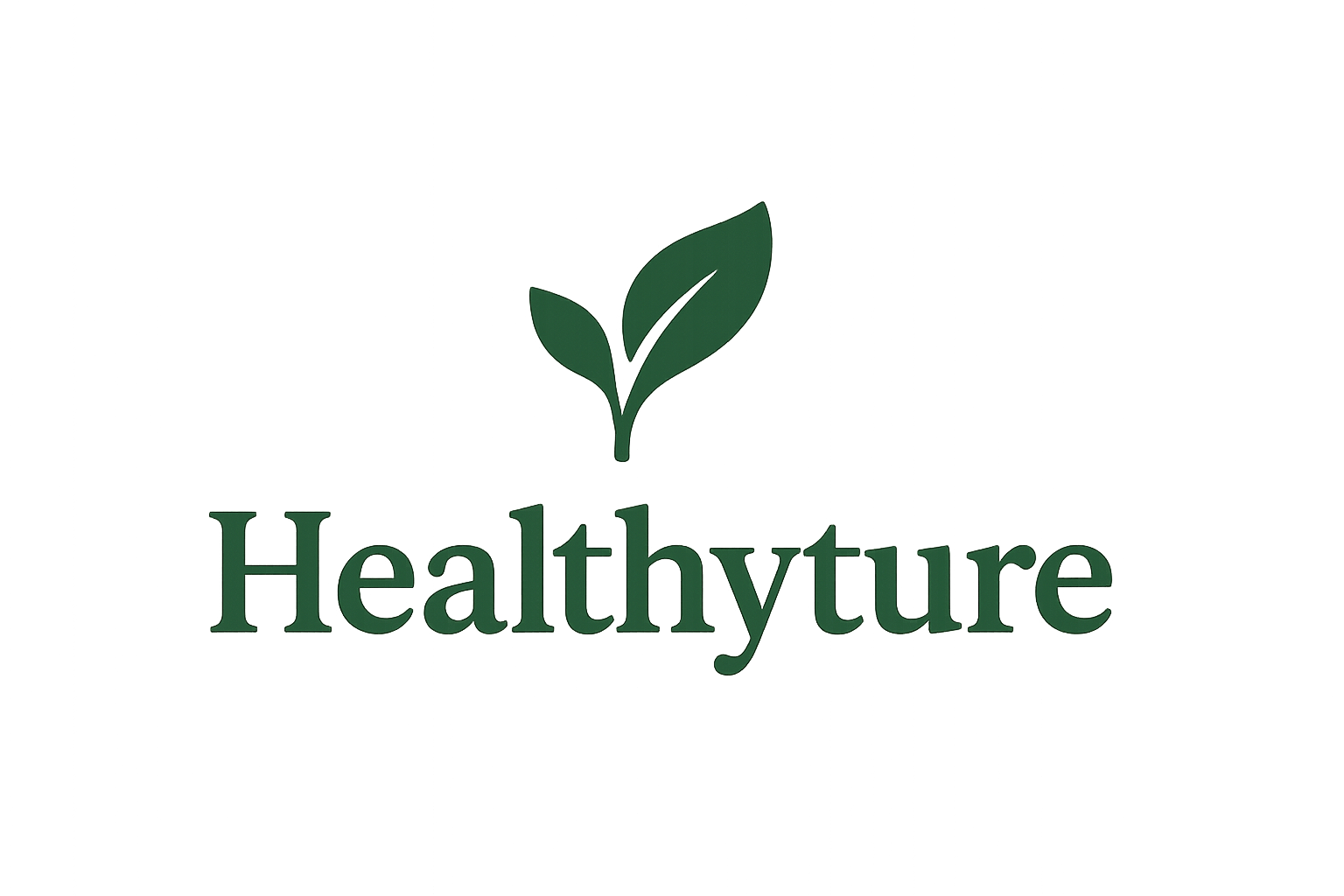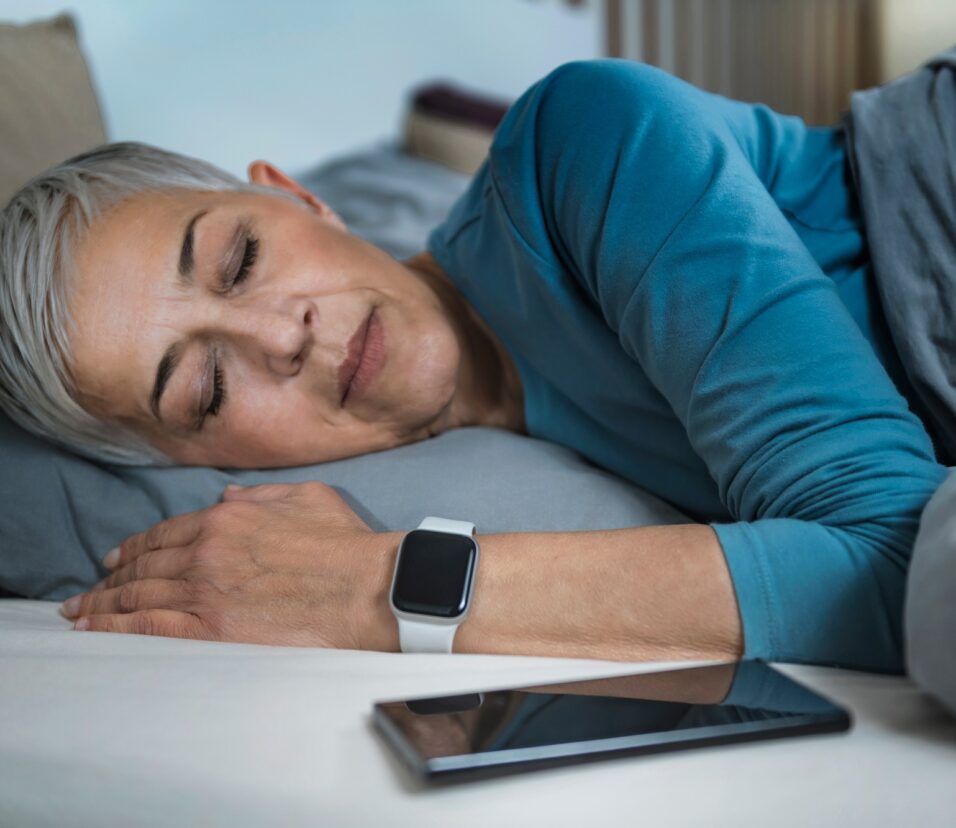Digital Detox & Mindful Tech Use: Reclaiming Your Time, Focus, and Mental Health
In today’s hyperconnected world, technology has become both a blessing and a burden. Smartphones, social media, and constant notifications keep us plugged in 24/7, but they also drain our energy, disrupt our focus, and affect our mental health. This is where digital detox and mindful tech use come into play.
If you have ever felt overwhelmed by endless scrolling, stressed by constant alerts, or guilty about wasted screen time, you’re not alone. Millions of people across the globe are now turning toward digital wellness practices to bring back balance in their lives.
In this guide, we’ll explore:
✅ What digital detox means
✅ Signs you need a detox
✅ The science-backed benefits of unplugging
✅ Practical tips for mindful tech use
✅ Tools, apps, and routines to help you
✅ How to balance productivity with technology
✅ FAQs around digital detox and wellness
📱 What is a Digital Detox?
A digital detox means intentionally taking a break from digital devices such as smartphones, tablets, laptops, and social media platforms. It doesn’t always mean going completely offline—it can also mean setting boundaries, reducing screen time, and practicing mindful tech use instead of mindless scrolling.
Think of it like a reset button for your brain and body. Just as your muscles need rest after a workout, your mind needs rest from constant digital input.
🚨 Signs You Might Need a Digital Detox
Wondering if you should try one? Here are some common signs:
- You check your phone the first thing in the morning and the last thing before bed.
- You feel anxious when your phone isn’t around.
- You spend more than 4–6 hours daily on social media.
- You often lose track of time while scrolling.
- You have difficulty focusing on tasks without checking notifications.
- Your sleep is poor, and you feel restless at night.
- You feel mentally drained despite doing “nothing.”
If you said yes to several of these, it’s a clear red flag.
🧠 The Science-Backed Benefits of a Digital Detox
Taking time away from screens doesn’t just feel good—it has proven health benefits.
- Better Sleep Quality
Blue light from screens interferes with melatonin production, making it harder to fall asleep. Detoxing improves deep sleep cycles. - Reduced Stress & Anxiety
Studies show that people who reduce screen time report lower stress and improved mental clarity. - Improved Focus & Productivity
Constant notifications reduce your attention span. A detox boosts concentration. - Stronger Real-Life Connections
When you spend less time online, you have more time for family, friends, and meaningful conversations. - Better Physical Health
Less screen time means reduced eye strain, fewer headaches, and improved posture.
📉 How Technology Affects Mental Wellness
Technology itself isn’t the enemy—the overuse and unconscious use of it is. Here’s how it affects your mind and body:
- Information Overload → Anxiety and burnout
- Social Media Comparison → Lower self-esteem
- Constant Multitasking → Poor memory retention
- Endless Notifications → Chronic stress
- Screen Addiction → Similar to dopamine-based addictions like sugar or gambling
This is why a balance between digital use and digital rest is essential.
🌿 How to Do a Digital Detox: Step-by-Step
Here’s a beginner-friendly detox routine:
1. Start Small
Instead of going offline for a week, try a 1-hour tech-free window daily.
2. Turn Off Non-Essential Notifications
Mute all social media and shopping apps. Keep only calls, messages, and work essentials.
3. Create “Tech-Free Zones”
No phones in the bedroom or dining table.
4. Replace Scrolling with Mindful Activities
- Journaling
- Meditation
- Reading books
- Nature walks
- Exercise
5. Try a Social Media Fast
Take a weekend or one day per week completely away from social apps.
6. Schedule Screen Time
Use apps like Digital Wellbeing (Android) or Screen Time (iOS) to monitor and limit use.
🧘 What is Mindful Tech Use?
Mindful tech use is about being intentional when using devices. Instead of reacting automatically, you ask:
- Why am I opening this app?
- Do I really need to scroll right now?
- How will this use of technology make me feel?
When you shift from autopilot scrolling to purposeful use, you regain control.
⚡ Tools & Apps to Help You Detox
Ironically, tech itself can help you manage tech use. Here are some powerful tools:
- Forest App – Grow a virtual tree by staying off your phone.
- Freedom – Block distracting apps and websites.
- Headspace / Calm – Mindfulness meditation apps.
- RescueTime – Tracks time spent on apps to reveal habits.
- Digital Wellbeing (Android) & Screen Time (iOS) – Built-in tools to set limits.
💡 Practical Tips for Mindful Tech Habits
- Use the 20-20-20 Rule: Every 20 minutes, look at something 20 feet away for 20 seconds.
- Set “Tech Sabbaths”: Go offline for 24 hours weekly.
- Batch Notifications: Check apps at fixed times instead of instantly.
- Use Airplane Mode Before Bed: Avoid late-night doomscrolling.
- Digital Declutter: Uninstall apps you don’t use.
🌎 Digital Detox in Real Life: Balance, Not Extremes
Remember: You don’t need to give up technology completely. In fact, for most of us—students, professionals, and business owners—tech is essential.
The goal is to use tech as a tool, not a trap. When you set boundaries, your devices serve you instead of controlling you.
🔑 Key Takeaway
A digital detox is not about rejecting technology—it’s about reclaiming your focus, peace of mind, and well-being. By practicing mindful tech use, you can boost productivity, improve relationships, and protect your mental health in a digital-first world.
❓ FAQs about Digital Detox & Mindful Tech Use
1. How often should I do a digital detox?
Start with one day per week, then extend as needed.
2. Is digital detox good for kids and teens?
Yes—screen breaks are essential for healthy brain development.
3. Can I do a digital detox without deleting social media?
Absolutely—just limit time and set app usage timers.
4. How long does it take to see benefits?
Many people feel calmer and more focused within 3–5 days.
5. Is complete disconnection necessary?
Not always—balance and mindful use are more sustainable.
📌 Final Thoughts
In 2025 and beyond, digital wellness will be just as important as physical and mental wellness. Practicing digital detox and mindful tech use allows you to live more intentionally, focus on what matters, and protect your well-being.
So next time your phone buzzes, ask yourself: Do I control my device, or does it control me?









Leave feedback about this